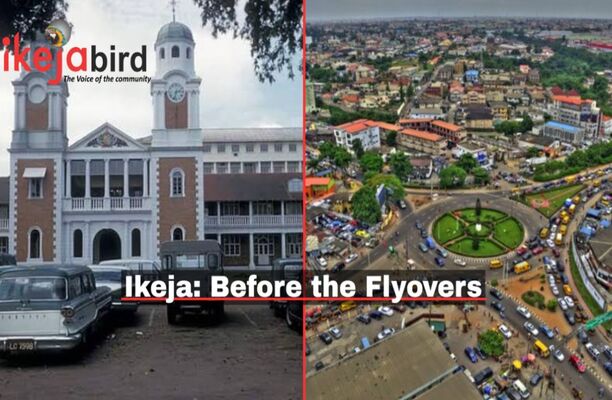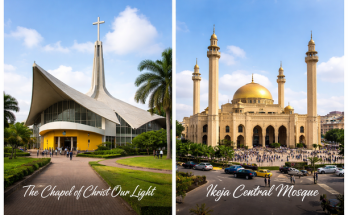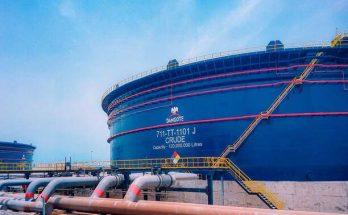By Sunkanmi Adewunmi
Ikeja, the capital of Lagos State, lies about 17 km northwest of Lagos Island. Once called “Akeja,” it was founded by Awori migrants from Ota and named after their deity Akeja-Onigorun. Until the early 1900s, it was mostly farmland known for kola-nut cultivation. That changed with the 1901 opening of the Lagos–Ibadan railway, which helped transform Ikeja into a quiet, well-planned residential and commercial town—especially before the 1980s, when it was known for its calm streets, pharmacies, malls, and government quarters.
Ikeja’s Rise: Rail, Industry, and Capital City
Ikeja’s transformation accelerated in the 20th century. The 1901 Lagos–Ibadan railway turned its farmlands into a growing suburb. By the 1960s, the Ikeja Industrial Estate brought factories and jobs. Then in 1976, Ikeja became the capital of Lagos State, drawing in government offices, schools, and major infrastructure. Key institutions like the Federal Airports Authority and leading textile manufacturers soon followed.
At its height, “Ikeja Division” even included areas now in other LGAs: 1950s councils carved Ikeja into Ikeja, Mushin, and Shomolu districts. Later, Agege and Alimosho were formed out of Ikeja’s territory (by 1991, the present Ikeja Local Government was carved out). Today, Ikeja LGA is bounded by Agege to the north, Oshodi–Isolo/Mushin to the south, Shomolu to the east, and Alimosho to the west. Despite these changes, Ikeja has always remained the seat of Lagos government at Alausa, with the Governor’s office and State House of Assembly, and it retains its role as a central hub of commerce and transport.
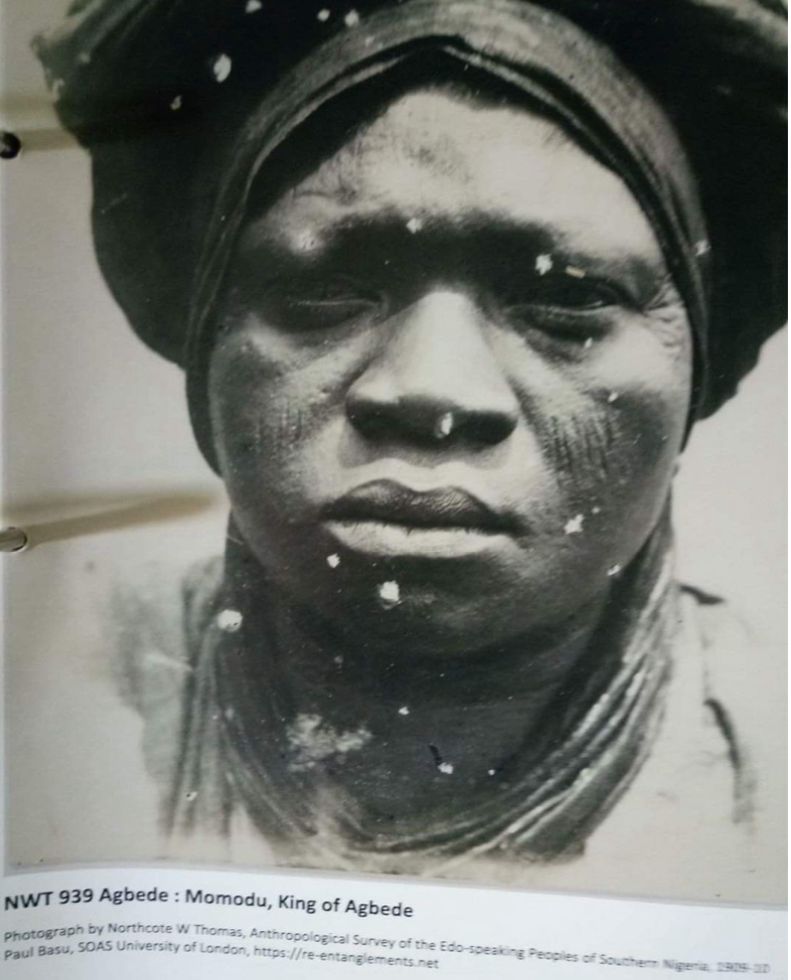
Neighborhoods and Namesakes
Modern Ikeja is a patchwork of vibrant neighborhoods with rich histories. Ikeja GRA (Government Reserved Area), designed in colonial times for officials and expatriates, remains an upscale, tree-lined residential area. Nearby Alausa serves as the state’s administrative center, while major business routes like Awolowo Way and Mobolaji Bank Anthony Way keep the city moving.
Ikeja hosts key landmarks, including the Murtala Muhammed International Airport and the Ikeja City Mall, the mainland’s largest shopping center. It’s also home to major media houses like LTV, Channels TV and AIT, as well as Computer Village, Nigeria’s top electronics market. Public spaces such as the Johnson–Jakande–Tinubu Park and streets named after past Obas and leaders reflect its deep roots. The town’s first crowned king, Oba Momodu Illo (1957–1997), and the ancestral deity Akeja-Onigorun highlight Ikeja’s Awori heritage and historic identity.
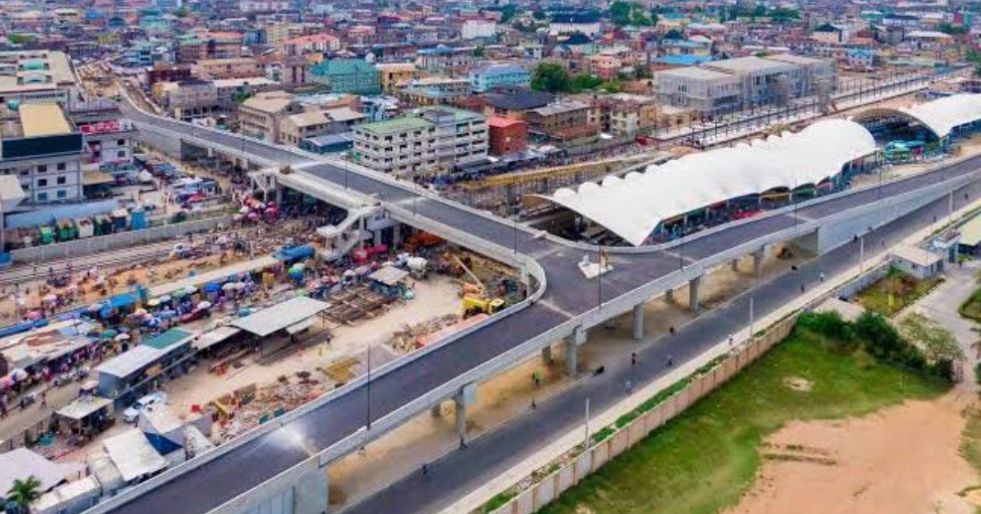
Modern Infrastructure and the Flyovers
In the last decade, Ikeja has undergone major infrastructure upgrades. Led by Lagos State and the Lagos Metropolitan Area Transport Authority (LAMATA), projects like the Red Line Rail—stretching from Agbado to Oyingbo—have transformed transport in the area. A key feature is the Ikeja Flyover, completed in late 2023, which separates road and rail traffic to ease congestion and improve safety. Once plagued by traffic jams at level crossings, Ikeja now enjoys smoother, safer travel thanks to this four-lane overpass.
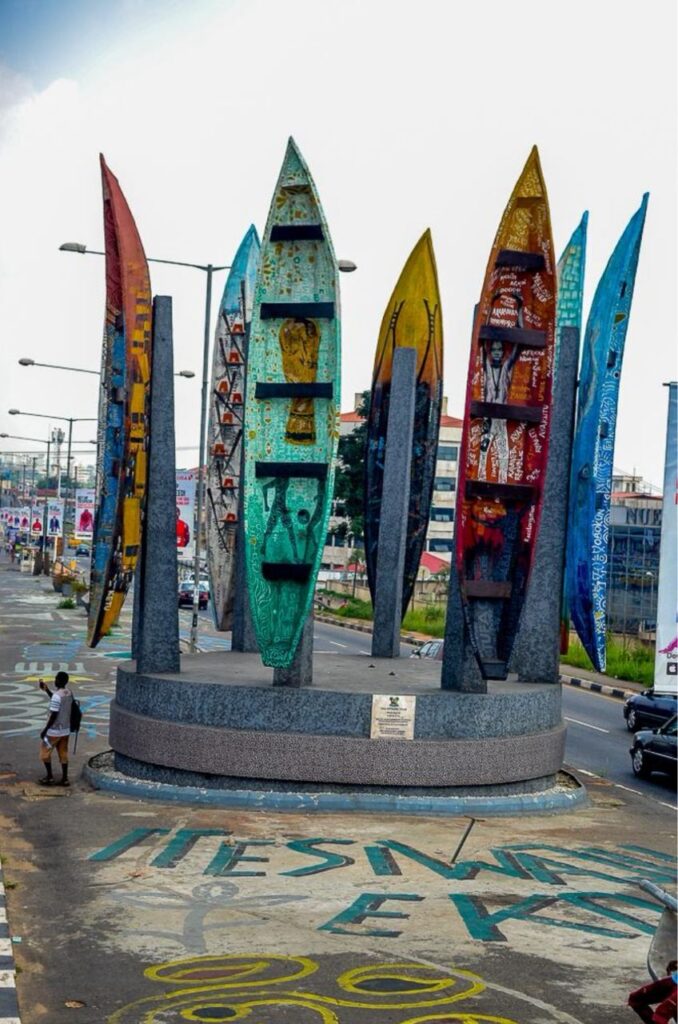
The Red Line itself (built by China Civil Engineering Construction Corp under LAMATA’s auspices) includes several new bridges and stations. Ikeja Station is nearly complete, and four overpasses (including Ikeja’s) elevate roadways above the rails. Meanwhile, Lagos has also resurfaced many Ikeja streets. For example, in 2024, the government announced rehabilitation of key roads in Ikeja GRA – Oba Dosunmu Street, Sobo Arobiodu Street, Oduduwa Way/Crescent, and others – improving access to the government and commercial zones.
Lagos has recently ramped up infrastructure upgrades, completing 61 roads and 5 bridges statewide — with major projects in Ikeja. From local firms to global contractors like China’s CCECC (Red Line), these efforts have transformed Ikeja’s landscape. Today, flyovers, rail lines, and new boulevards span areas that were once quiet backstreets. This fusion of Awori heritage and modern engineering makes Ikeja one of Lagos’s most dynamic districts.

